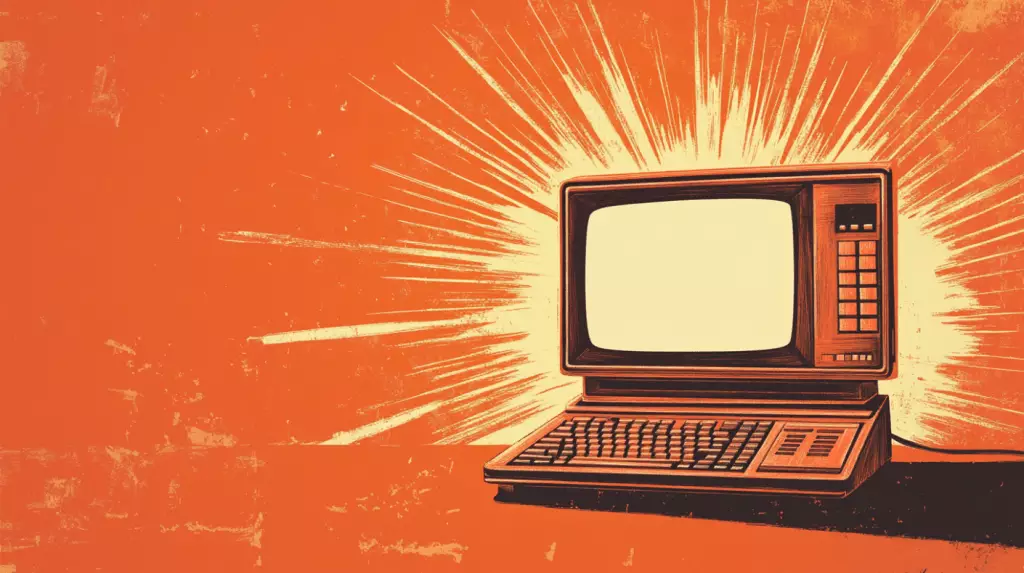The software development industry is undergoing a seismic shift, arguably the most transformative since the emergence of open-source software. At the heart of this revolution are artificial intelligence (AI) assistants, which have rapidly transitioned from being merely theoretical concepts, often met with skepticism, into essential tools that facilitate programming in the robust $736.96 billion global software development market. Leading this charge is Claude, an AI model developed by Anthropic, which has rapidly garnered traction amongst developers and led to fierce competition among tech giants.
Claude’s rise has been nothing short of remarkable. Just recently, Anthropic disclosed to VentureBeat that its revenue tied to coding has surged a staggering 1,000% over a mere three-month span. With software development interactions now comprising over 10% of all Claude’s activities, this AI model has established itself as a pivotal player in the industry. As a direct consequence of this impressive growth, Anthropic’s valuation reached $18 billion, supported by over $7 billion in investments from industry behemoths like Google and Amazon.
The increasing popularity of Claude did not go unnoticed, igniting a competitive fire among major AI players. OpenAI has just unveiled its latest model, designed with advanced coding functionalities, while Google and Meta are doubling down on enhancing their developer tool offerings. This shift in focus—from chatbots and image generation toward practical, business-oriented tools—marks a significant turning point in the AI sector. Developers now benefit from an unparalleled acceleration of capabilities that seem to promise whole new levels of productivity within the software industry.
Anthropic’s head of developer relations, Alex Albert, attributes Claude’s remarkable growth to its substantial understanding and effectiveness in a programming context. Unlike its predecessors, Claude doesn’t merely generate code; it mirrors the strategic thinking of seasoned developers, offering meaningful context and suggestions that resonate with its users. With the capability to analyze a substantial amount of code—up to 200,000 tokens—Claude’s ability to maintain coherence throughout extensive sessions sets it apart from many existing models.
Moreover, Claude is reshaping who gets to participate in software development. Traditionally confined to programmers, the domain of coding is gradually opening up to other teams within organizations. With marketing and sales teams utilizing AI tools to develop automation solutions without waiting on IT departments, the landscape is transforming. Albert illustrates this change, noting that people from various departments are engaging in coding practices, effectively turning non-technical staff into developers. This democratization of coding skills signals a profound shift in how businesses operate, where technical expertise is no longer locked away in the IT department but accessible to various roles across an organization.
Despite the numerous benefits associated with AI-powered coding assistants, the rapid advancement raises valid concerns within the industry. For instance, the Georgetown Center for Security and Emerging Technologies warns about potential security issues stemming from AI-generated code, while concerns are growing regarding the long-term ramifications for developer job security. A recent study by Stack Overflow found a substantial decrease in new questions on their site, emphasizing the influence AI tools have on traditional coding practices.
Despite concerns that these AI tools might create job redundancy, evidence suggests that the enhancement of AI capabilities could also elevate the roles of many developers. As AI handles mundane coding tasks, developers are liberated to concentrate on intricate aspects such as system architecture and code quality. This mirrors historical patterns when new technologies made previous coding practices more efficient without entirely negating the need for skilled developers. Predictions indicate that by 2028, a staggering 75% of software engineers will frequently use AI code assistants, vastly up from less than 10% recorded in early 2023.
Anthropic is already gearing up for this anticipated future, planning to roll out features such as prompt caching to improve efficiency and reduce costs drastically, while batch processing capabilities could manage thousands of queries simultaneously. Albert suggests that emerging tools will likely evolve to adapt to existing workflows, ultimately making software development a more integrated and user-friendly activity.
The Educational Shift in Coding
However, this revolution is not isolated solely to developers but is causing a notable change within the educational landscape regarding coding. Traditional coding bootcamps are witnessing a decline in enrollment, as newer AI-focused training programs gain traction and adjust to the changing needs of the industry. This dynamic points to a future where technical knowledge may become just as vital as traditional literacy.
The journey toward a future steeped in AI assistance will continue to prioritize different technical levels. Albert believes that while higher-level coding procedures might dominate, the foundational skills will still hold significance. As the AI landscape matures, a new realization is taking shape: bridges between developers and non-developers are being constructed, narrowing the gap traditionally seen in software development and usage. It’s evident that the code, facilitated by AI, is just a stepping stone toward reshaping the entire landscape of the development process. This unprecedented evolution invites us to rethink what it means to be a developer in today’s complex digital world.


Leave a Reply